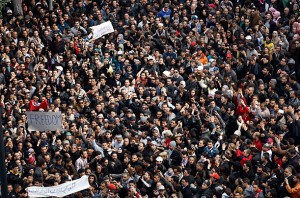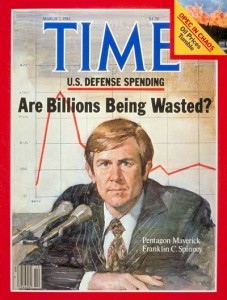
Greater Democracy
Essential Tenets for Maintaining our Common Good
An essay written by Alan Page
The “common good” is the collection of what no one person owns, but which all people depend upon for life. A simple example is the air we breathe. No one owns it but we would all perish without it. Now the “common good” is being threatened by many different human activities and policies. Some of these include:
- The evolving climate crisis that will affect us all. Just a shift of a few degrees in the global temperature could deliver a fatal blow to the “common good” by changing what is now a benign climate into a hostile one that can no longer sustain “life as we know it”.
- The periodic business cycle causes many dislocations that are unnecessary but unavoidable given the current banking system.
- Less commonly known and generally off the table is the currency and credit formation function and the ramifications of this prime control system.
- The implications for all other functions are very poorly understood, and will be a major consideration of the TENETS.
- This compound crisis must be dealt with as if it were a life and death matter.
This document provides some guidance for how to enable humanity to act responsibly in a coordinated fashion without deprivation of anyone’s rights. An attempt is made to recognize the sources of control and motivation that exist and how to enable effective response as if our lives depended on it.
The PDF of the whole essay is here: Tenets CGF101110.pdf
Alan C. Page, Ph.D.
Research Forester
Phi Beta Iota: The full essay contains some very well-developed itemized measures of merit and we strongly second Brother Jock's recommendation.






